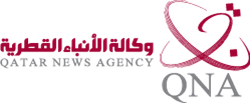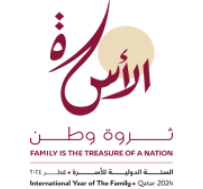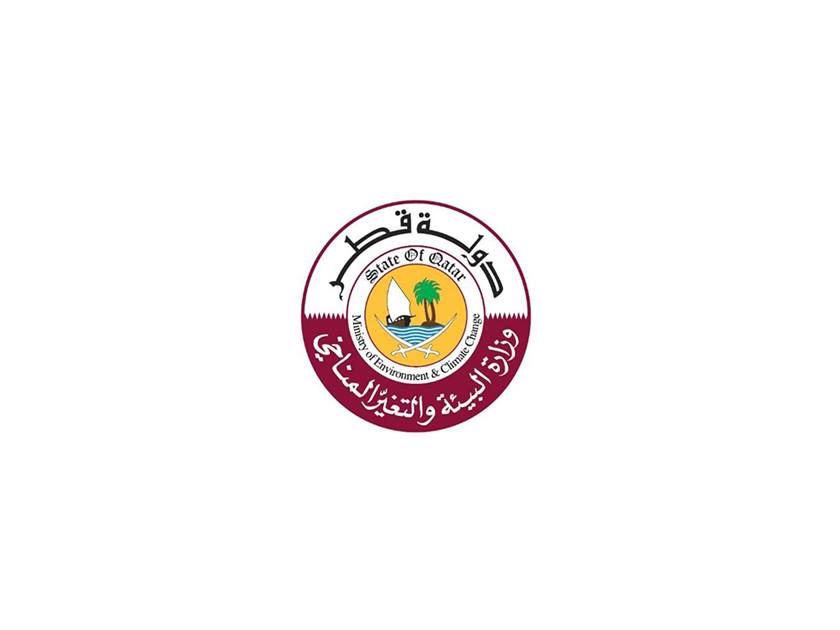Geneva, June 15 (QNA) - The State of Qatar, represented by the Ministry of Environment and Climate Change, participated in the Meetings of the Conferences of the Parties to the Basel, Rotterdam and Stockholm conventions, currently held in Geneva, under the theme of "Global Agreements for a Healthy Planet: Sound management of chemicals and waste."
The meetings of the parties, in which the Qatari delegation is headed by Director of the International Cooperation Department at the Ministry Sarah Al Malki, will discuss solutions to address the impact of chemicals and hazardous waste on human health and the environment.
The Basel Convention is a global environmental agreement which aims to reduce the transboundary movements of hazardous wastes - specifically moving hazardous wastes from modern countries to less developed countries - and handling the movement of radioactive waste.
The convention also aims to reduce the quantity and toxicity of waste generated to ensure that such wastes are managed and disposed of in an environmentally sound manner. The convention also assist less developed countries to manage hazardous and other wastes they generate in an environmentally sound manner.
The Stockholm Convention is a global treaty to protect human health and the environment from persistent organic pollutants (POPs). POPs are chemicals that remain intact in the environment for long periods, become widely distributed geographically, and accumulate in the fatty tissue of living organisms and are toxic to humans and wildlife.
The Rotterdam Convention, a multilateral treaty, aims to promote shared responsibility and cooperative efforts among Parties in the international trade of certain hazardous chemicals. The convention promotes the exchange of information on a very broad range of chemicals.
The convention does so through the requirement for an exporting Party, when exporting hazardous chemicals to ensure that an up-to-date safety data sheet is sent to the importer; and labeling requirements for exports of chemicals included in the PIC procedure, as well as for other chemicals that are banned or severely restricted in the exporting country. (QNA)
15 June 2022
Ministry of Environment Participates in Meetings of Conferences of Parties to Basel, Rotterdam, and Stockholm Conventions
Keywords
General, Qatar , Other Ministries
News Bulletins
Most Read


